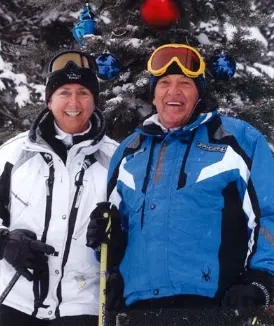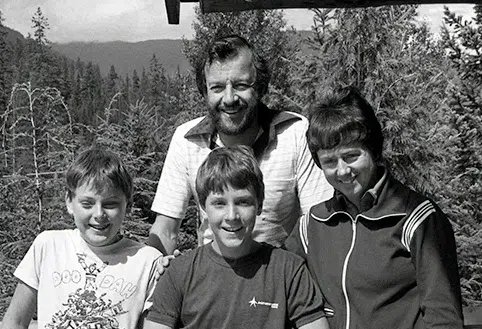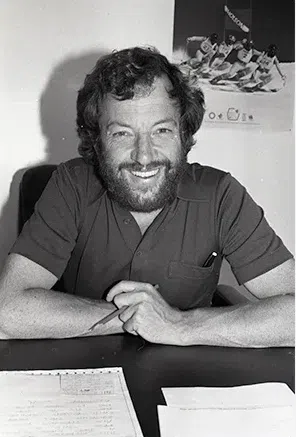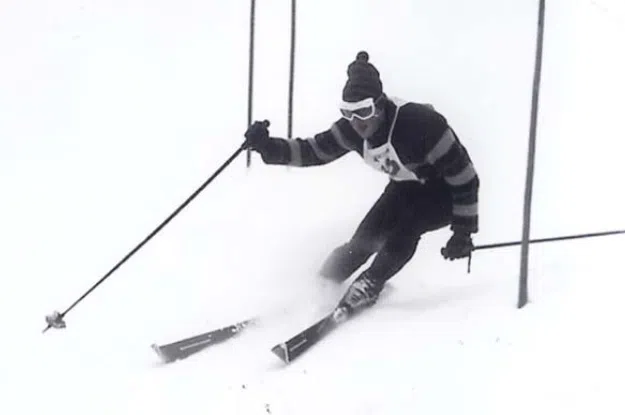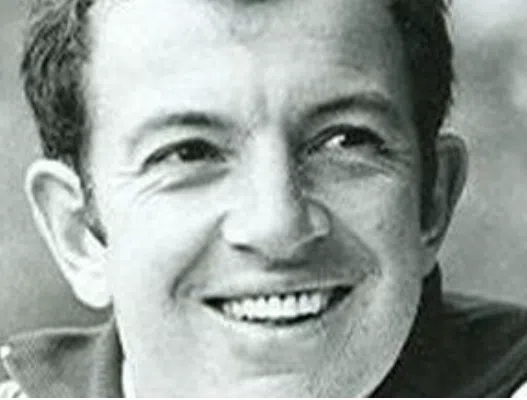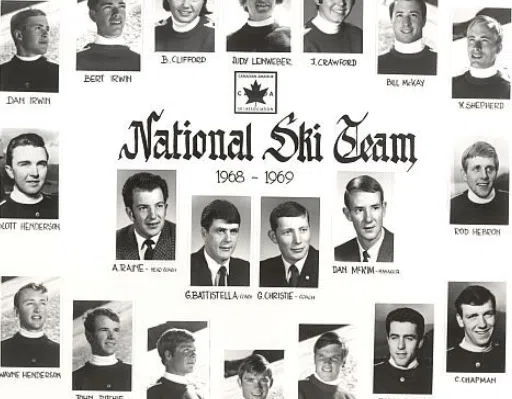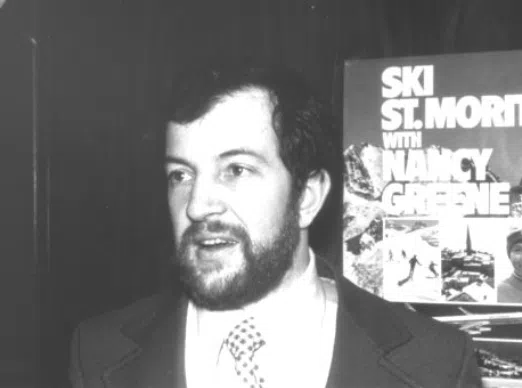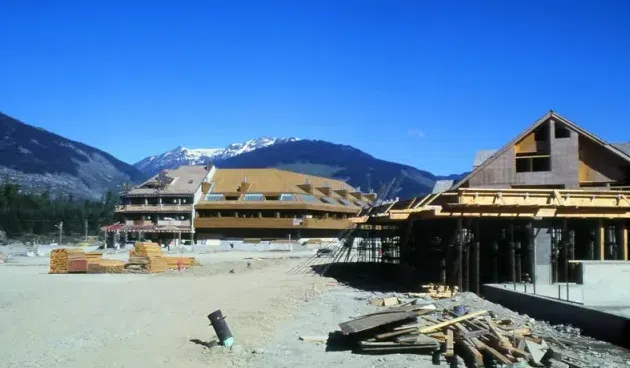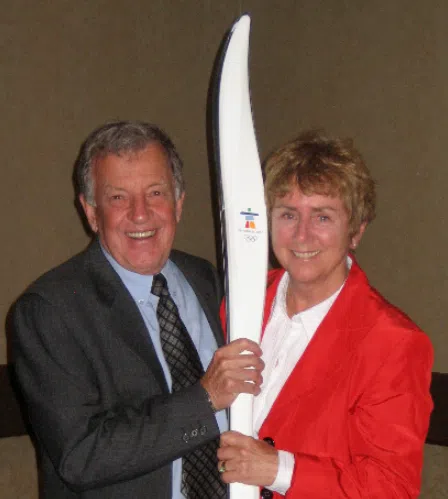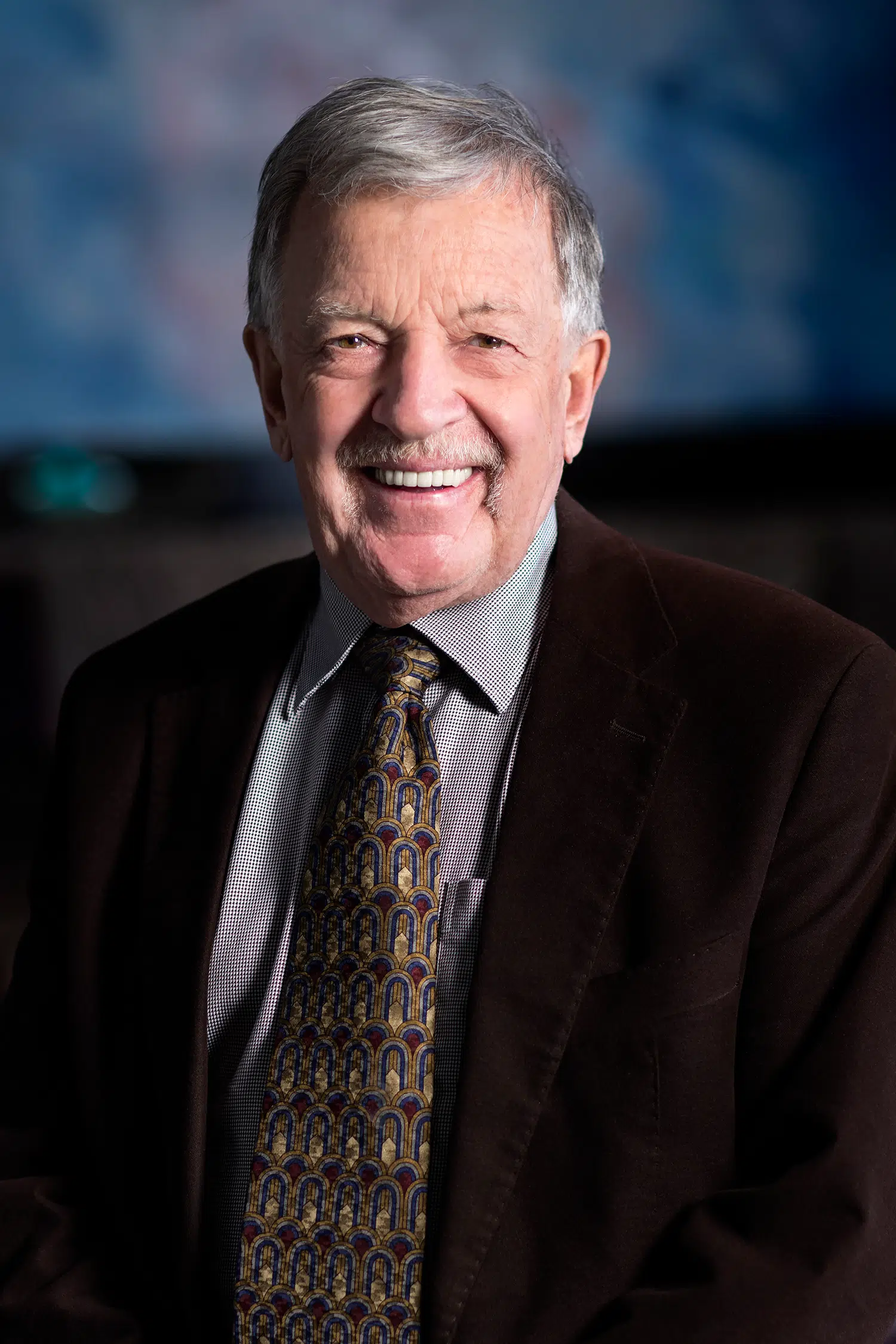
One of the people who helped develop the Kamloops area into the region it is today has died.
The Village of Sun Peaks has confirmed Al Raine, who helped found the Mountain Resort Municipality and had been its only Mayor, died on Sunday, December 15th.
While the cause of his death has not been confirmed, he was able to craft a message which was left behind to the Sun Peaks Community.
“I have resigned as your Mayor as of December 14th at midnight,” said Raine in his final note. “Not something that I had planned or something that I really wanted to do. However, as we all know one can’t control everything in life.”
Raine confirmed in May that he had been diagnosed with Bulbar ALS, a rare form of the degenerative disease that specifically attacks the muscles which control your face, head and neck, and can lead to issues breathing and swallowing.
“My ALS combined with adult-onset asthma has made breathing more and more difficult with each passing day,” said Raine in his note. “ALS is interesting in that no two people follow the exact same path but rest assured, it is a horrible disease, and the end is not pretty.”
In confirming the passing of the Mayor, the Municipality says Al Raine died “surrounded by his family.”
Raine was married to Canadian ski legend and former Senator Nancy Greene-Raine.
“I have been lucky to have lived a full life with no regrets, with a supporting and wonderful wife, two healthy boys and a life full of adventures,” continued Raine. “I would have been upset if I were 38 years old and diagnosed with ALS but at 83, the best years are behind me.”
Raine’s journey to love starts in skiing
Raine’s intersection with Nancy Greene would find its roots in the early 1960’s when he moved to the then-Yukon Territory in late 1960 to take up a role with the Royal Bank of Canada, according to Yukon-based writer and historian Les McLaughlin.
Following a posting to the community of Calumet, Raine — who grew up skiing on Grouse and Seymour in North Vancouver — would befriend a number of European ski enthusiasts in the community who would, according to McLaughlin, spark his passion for high-intensity downhill runs.
After returning to BC in 1965 to work at a ski hill in Rossland, Raine would then take on a coaching position the next ski season for the Montreal Ski Hawks, a move which would eventually see him tied to what is now known as Alpine Canada.
Raine took over as the head of the Canadian Alpine Ski Team as its Head Coach and Program Director in 1968, role he would end up holding for five years until 1973.
During that time, Raine created a number of innovations which modernized Canada’s ski programs, with his work setting the stage for the emergence of the so-called “Crazy Canucks” era of the national ski program, according to the Canadian Ski Hall of Fame and Museum.
It was during his time as the head of the national ski program that Raine met a 24 year old Nancy Greene, who — off her gold medal-winning performance at the Olympics in Grenoble in 1968 — would be asked to join then-Prime Minister Pierre Trudeau’s Task Force on Sports for Canadians.
After a short courtship, the pair were married in 1969, having their twin sons a year later in 1970.
Raine helps shape Sun Peaks
After retiring as the head of Canada’s national downhill team in 1973, Raine would eventually find his way back to BC, where he would take up a position with the provincial government in 1975 as a consultant for ski hill development projects.
One of them included overseeing the creation of Whistler Village in 1977, as well as the subsequent opening of Blackcomb Mountain three years later.
In 1980, Raine would take his work to the private sector, becoming a lead consultant for a variety of different ski resorts in British Columbia, including a then-growing resort northeat of Kamloops on Tod Mountain.
After his time as a consultant, Raine and his family would move back to Whistler, where he would help oversee the creation of the first hotel in Whistler, known then as the Nancy Greene Olympic Lodge (later the Crystal Lodge) in 1986.
After a decade in Whistler, Raine and his wife would shift their focus to Sun Peaks.
The two moved to the resort in 1994 to be the lead consultant for its Development Master Plan, which owner, Japan’s Nippon Cable, entered into a year earlier with the Province.
With his previous experience working for the BC government as a ski hill consultant, combined with his time in Whistler — Canada’s original resort municipality — Raine helped guide the process to turn Sun Peaks into its own municipal entity.
By now a known quantity in the North American ski resort community, Sun Peaks took the next step in its development in 2010, when it became the first “Mountain Resort Municipality” in British Columbia.
One time a municipal councillor in Whistler, Raine ran and was elected the Mayor of Sun Peaks — a position he would not relinquish until this weekend.
Raine did not intend to finish out his time as the Mayor, telling Radio NL in the spring of 2022 he had no intention of continuing on in the role, saying instead he wanted to travel with his wife.
“We haven’t been to Europe in 20 years,” Raine said at the time. “We have lots of friends there, and we want to visit them and other folks, but we’ll still stay active in the community somehow.”
However, he would later back-track on that plan, not out of a desire to stay in power, but because no one was willing to step up and take on the position.
Following his diagnosis of ALS earlier this year, Raine would take a step back from his day-to-day duties, but still maintain his role as the Mayor of Sun Peaks.
He was also a long-time Director on the Thompson Nicola Regional District Board, where he was given an acknowledgement as he watched from the public gallery on November 7th, 2024.
Even in his final public message to the world, Raine would still have development on his mind.
“I had hoped to see the employee only rental building burst out of the ground, but it is coming along, just a little too slow for my schedule,” lamented Raine.
“Always remember, the Sun Peaks people make the difference in whether our guests return or go somewhere else. The community makes people feel special and that is why people love Sun Peaks,” Raine would write.
“Thanks for sharing this journey!”
A public memorial for Al Raine is being planned for the Sun Peaks Centre on January 15th, 2025.
- Al Raine skiing in Calumet, Yukon Territory/via Yukon Nuggets
- Al Raine as head of Canadian national ski team in 1971/via Alpine Canada
- Canadian National Ski Team photo, c. 1968 with Al Raine/Via Alpine Canada
- Undated photo of Al Raine in Whistler as head of Whistler Resort Association
- Whistler Village in during construction, which was overseen by Al Raine
- Al and Nancy Greene-Raine hold the Olympic torch during the 2010 Winter Olympics in Vancouver/via Canadian Olympic Commitee






